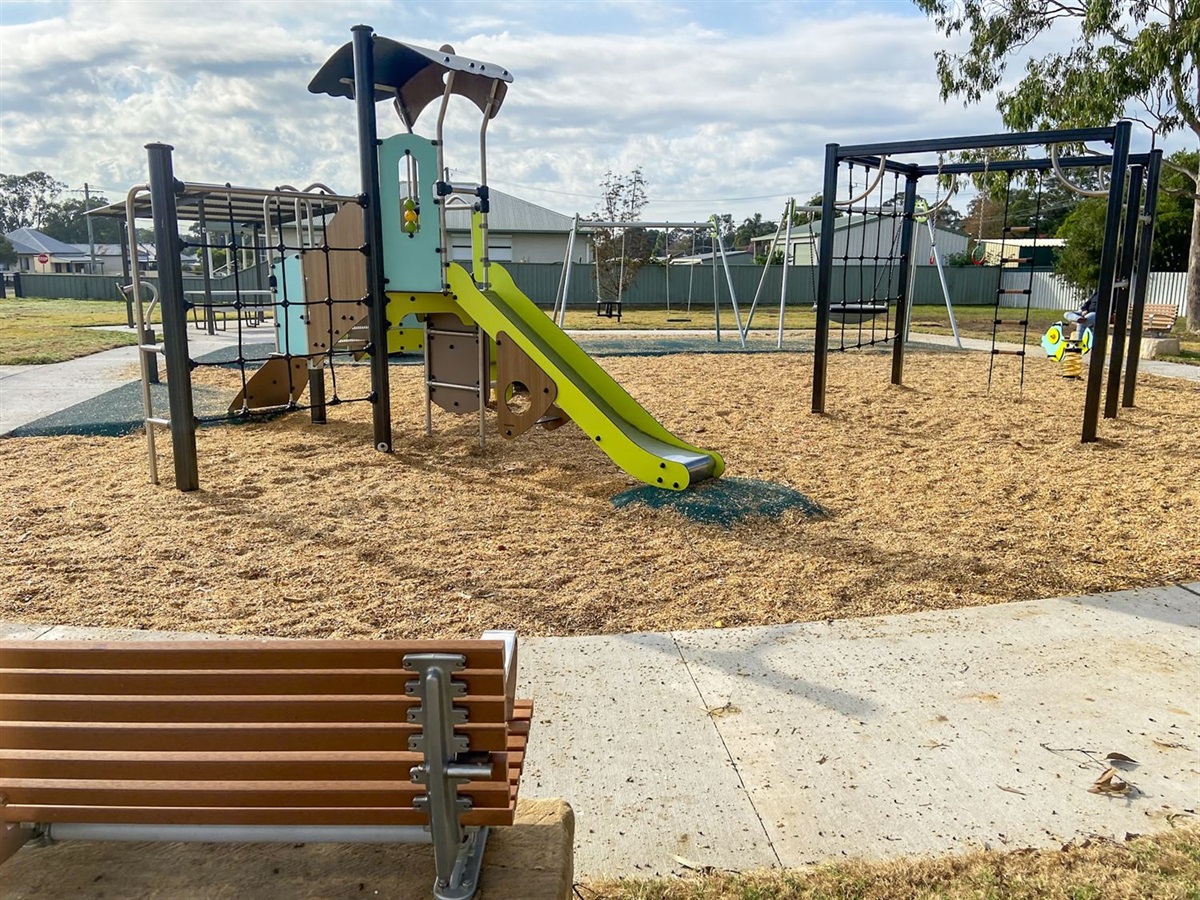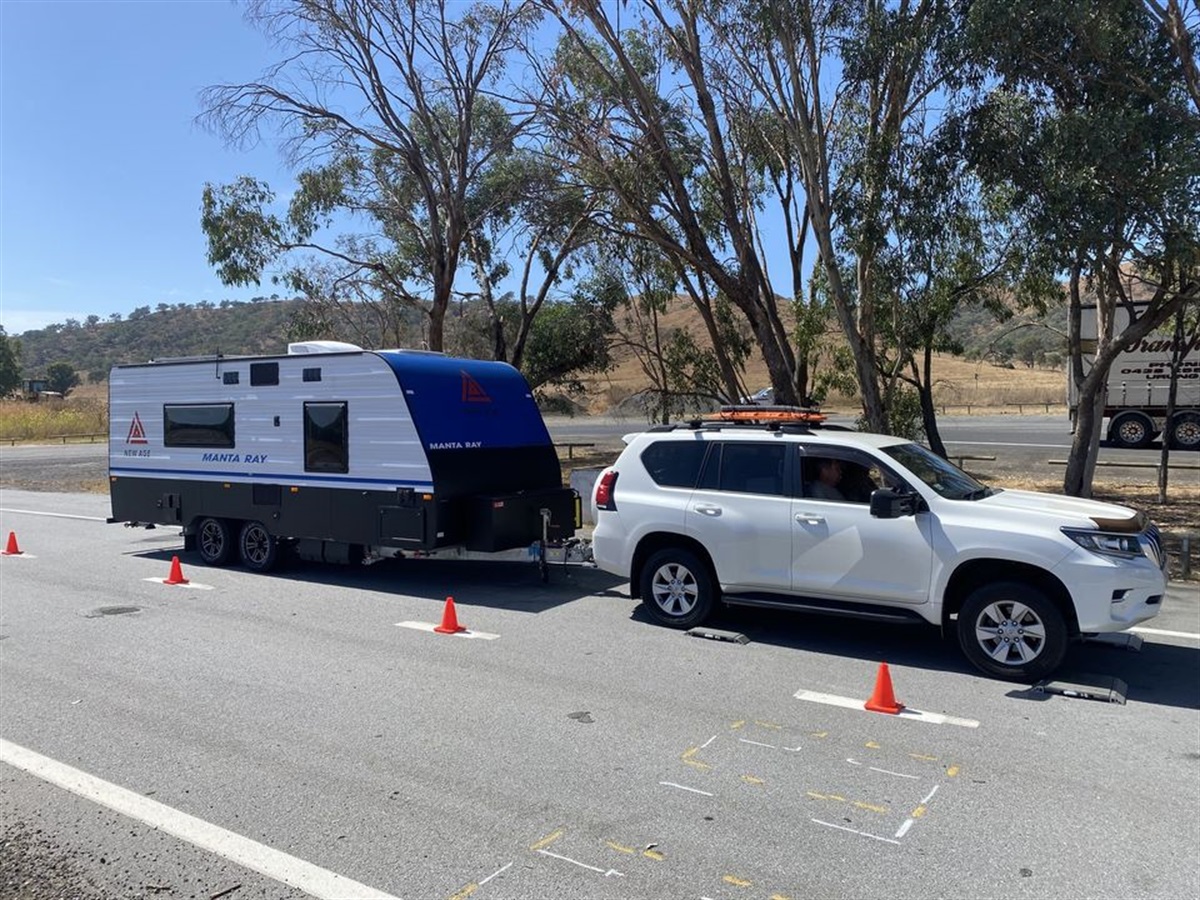Non-alcoholic fatty liver, NAFLD, is associated with several health risks. According to a new registry study led by researchers at Karolinska Institutet in Sweden, NAFLD is linked to a 17-fold increased risk of liver cancer. The findings, published in Hepatology, underscore the need for improved follow-up of NAFLD patients with the goal of reducing the risk of cancer.

Photo: Massachusetts General Hospital
“In this study with detailed liver histology data, we were able to quantify the increased risk of cancer associated with NAFLD, particularly hepatocellular carcinoma,” says first author, Tracey G. Simon, researcher at the Department of Medical Epidemiology and Biostatistics, Karolinska Institutet, and hepatologist at Massachusetts General Hospital and Harvard Medical School. “We also found that all stages of NAFLD were associated with excess cancer risk, even early stages of the disease.”
Non-alcoholic fatty liver disease (NAFLD) is the most common cause of chronic liver disease in Europe and the United States, affecting more than 100 million adults. A large proportion of patients progress to nonalcoholic steatohepatitis (NASH) with fibrosis, which in turn can lead to cirrhosis.







